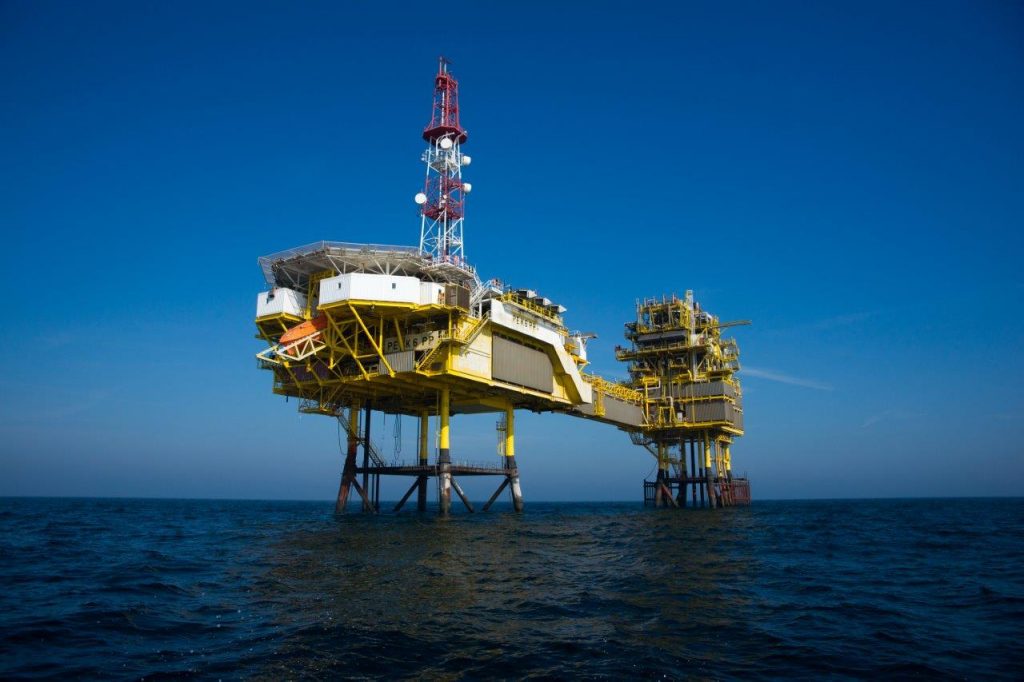
If you or someone you know has been injured in an oil platform injury, contact a lawyer as soon as possible. The laws regarding what you can and cannot collect can be complicated and confusing. Lamothe Law Firm can offer you protection and get you the compensation you deserve.
Common Oil Rig Injuries
There are several ways workers can be injured in an oilfield. Some include:
• Loss of fingers or fingertips
• Brain injuries
• From chemicals or fires
• Loss of hearing
• Loss of vision
• Punctures and lacerations
• Broken bones
• Smoke inhalation
• Death
Injuries are often caused by platform accidents resulting from malfunctioning equipment, fires, explosions, insufficient employee training, slips and falls, and vehicle accidents.
As there are often multiple parties working on an oil platform, several people or companies may be at fault for your injury. The justice system demands that all responsible parties are liable for injury compensation. An experienced law firm can work with law enforcement and insurance companies to determine exactly who is at fault.
Floating Versus Fixed Platform
Whether or not you are eligible for compensation, and from whom, depends on the type of rig on which you are working.
If your rig is attached to the seabed, it is considered “land,” and most maritime law protections do not cover you. However, just like any land-based employee, you are protected by your state’s worker’s compensation laws.
You may also be eligible to file a federal claim for Longshore and Harbor Workers Compensation. This act gives workers injured on United States waters compensation for their injuries or payment for survivors.
However, if you sustained an injury while on a floating platform, then the rig is considered a “vessel,” and you may be covered by the Jones Act.
What is the Jones Act?
The Jones Act is a federal maritime law created in 1920 and updated in 2006. Before 1920, a seaman who was injured on the seas was not protected by any laws, even in the case of gross employer negligence.
The amended Jones Act allows maritime workers to request compensation for injuries under the Federal Employers Liability Act. To receive compensation, your injury on a floating oil rig must meet one of two criteria. First, the injury was sustained because of the unworthiness of the vessel. Or, the injury was caused due to negligence by the captain or other maritime employees.
If you meet the requirements, you can file a claim under the Jones Act. If your claim is accepted under the Jones Act protection, you are eligible for two provisions.
Regardless of who was at fault in the accident, you can collect “maintenance” and “cure” payments. “Maintenance” is the per diem allowance you were already given on the rig to pay for food, room, and board. “Cure” is money paid to you for medical expenses. The amount aims to bring you to “max medical improvement,” meaning optimal health.
You also qualify to seek compensation in federal or state court against your employer for personal injury. There is, however, a three year statute of limitations on filing a Jones Act claim.
What if I Was At Fault?
Even if you are at fault, you may still be able to collect. You may be assigned a percentage of the fault, and that amount will be deducted from your final payout. For example, if you were found to be 10% at fault and ask for $100,000 in medical expenses, you would receive 90%. That would make a payout of $90,000.
Final Thoughts
Worker safety is everyone’s responsibility on an oil rig, and most accidents are preventable. If you have been seriously injured in an oil field accident, the law protects you. Contact Lamothe Law Firm for a free consultation.









